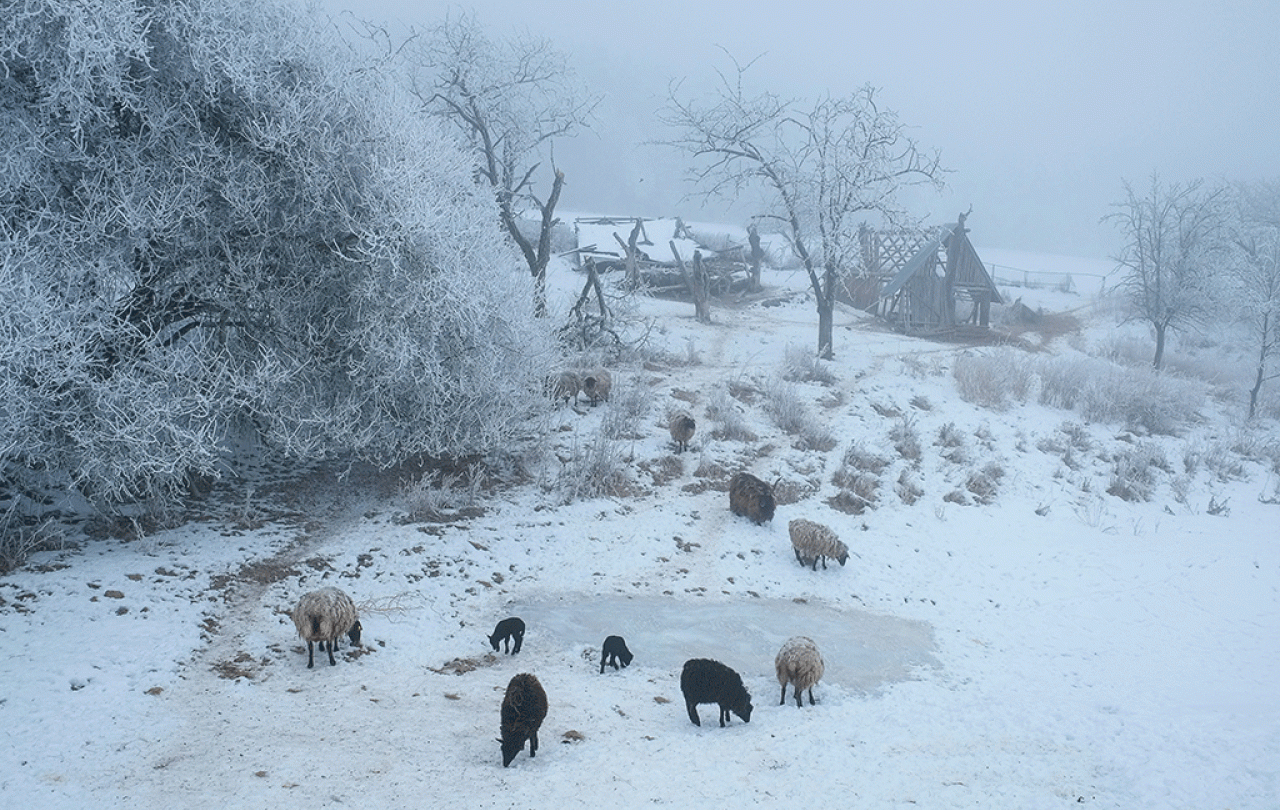To tune into yesterday’s Home Affairs Committee hearing on asylum-seekers was to witness the Church in the dock.
The Church is “aiding and abetting” people-smugglers by being so welcoming to refugees, one committee member, MP Marco Longhi, claimed.
There were audible groans when one of the three Church representatives put forward to defend such claims - Baptist Union spokesperson Steve Tinning - revealed that seven asylum-seekers from the Bibby Stockholm have been baptised since October.
There were more groans when Mr Tinning claimed each of the baptisms had involved individuals whose conversions had taken place before their arrival on these shores.
“A likely story!” the groaner - I think it was the new Reform Party MP, Lee Anderson - seemed to wish to say.
The “hostile environment” facing asylum-seekers was referenced several times by the Church of England's Bishop Guli Francis Dehqani, and “hostile” would certainly describe the reception she received.
On the other hand, there was celebration for the “bravery” of the “whistleblowing” former Church of England minister, Rev Matthew Firth, who told The Telegraph recently about the alleged “conveyor belt” of asylum-seekers being baptised after falsely claiming to have converted to Christianity.
One committee member, MP Tim Loughton, suggested Rev Firth might be appointed to a prospective working group on the issue.
There was no such invitation for the other Church representatives.
It seemed in this particular hearing that to speak for asylum-seekers was very much to swim against the prevailing tide.
There perhaps could be no clearer illustration of this than when Mr Longhi flatly accused the Church of England of “working in the opposite direction” to the government’s efforts to deter immigrants from arriving on our shores.
While the Home Office minister tasked with responding to this accusation did not specifically charge the Church of this sin, he did caution them to “think very carefully” about how the work that they do “can be portrayed by those that are facilitating these terrible [Channel] crossings”.
There can be little doubt that the comments of senior figures, including MPs, have contributed to such threats.
Dame Diana Johnson, who chaired the meeting, paid tribute to the churches “supporting some of the most vulnerable people in our country”, but such tributes were not forthcoming from the other committee members. Quite the contrary.
Dame Johnson also thanked Mr Tinning for highlighting the “sadness and fear” of church members in Weymouth who have been insulted and threatened since the stories of asylum-seekers converting in their church were publicised.
Mr Tinning said the church had received an email saying: “You need shutting down, and the backlash from this will be huge. The truth is, you know you’re lying and cheating our system. Treacherous to taxpaying people! Brace yourself!”
“This church is now fearing the backlash because of language used,” Mr Tinning said, “about whether taxpayers are being ‘scammed’, or others saying that ‘you attend Mass once a week for a few months and bingo, you're signed off by a member of the clergy’. It's just not true. And it's doing damage to the communities that are desperately trying to serve the poor and vulnerable in their areas.”
Dame Johnson said it was “quite disturbing” to hear the Weymouth church had been targeted. But again, this was to swim against the prevailing tide.
There was an eagerness to celebrate the “bravery” of Reverend Firth - this was mentioned by several committee members - to stand up against the powerful Church, while the bravery of regular church members to stand up for refugees seemed to be overlooked.
All of which leads one to wonder which is braver: to stand up against the Church, or to stand up against the State? And which is more powerful?
“The Church of England has come down on you like the Spanish Inquisition!” MP Tim Loughton suggested to Rev Firth.
And when Rev Firth reported being told that “people might try to get you” for speaking out, he received understandable sympathy.
But might it have been even more courageous for the other committee members to have joined Dame Johnson in also speaking out on behalf of church members like those in Weymouth who have been threatened simply for daring to assist asylum-seekers.
And there can be little doubt that the comments of senior figures, including MPs, have contributed to such threats.
Another element in the background of the hearing was Suella Braverman’s contribution, in absentia, by having recently claimed - in another widely read piece in The Telegraph - that churches around the country were “facilitating industrial-scale bogus asylum claims”.
The Home Office Minister, Tom Pursglove, was asked several times whether there was any evidence for this claim, the short answer to which appeared to be no.
“You’ll have to ask her,” was his repeated response.
But as Mr Tinning mentioned in his closing remarks, words are important, and what stood out most from the hearing was that the general consensus among MPs, it would appear, is that those who speak out against asylum-seekers and the Church are to be welcomed - perhaps simply because they are working with, and not against the government.
Perhaps it's little wonder, then, that churches who do stand up for refugees - which in the current climate would appear to be standing up against the State - incur the wrath of statesmen.
The question for the general public to decide is which is more harmful: the desire of the Church to speak up for asylum-seekers, even if some may be found to be bogus, or the desire of the State to stop them arriving at all costs.
Watch the full Home Affairs Committee hearing on Parliamentlive.tv.






